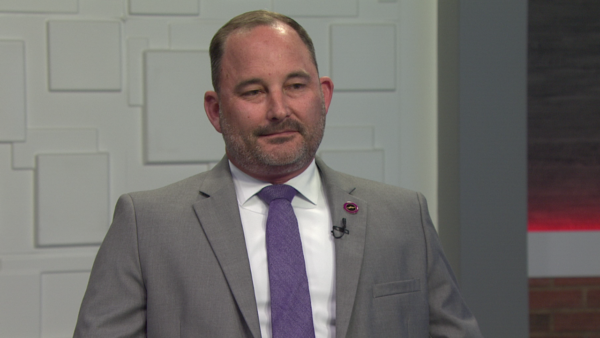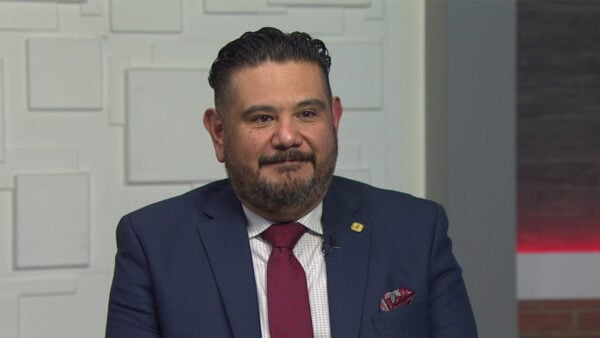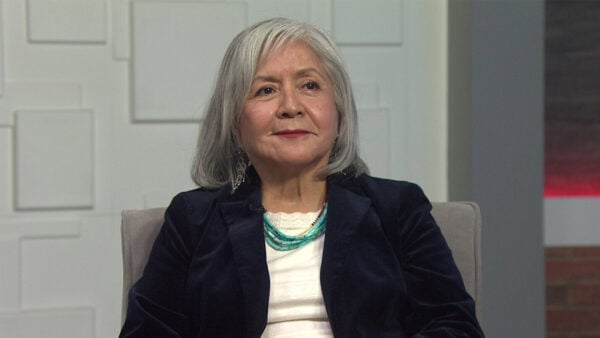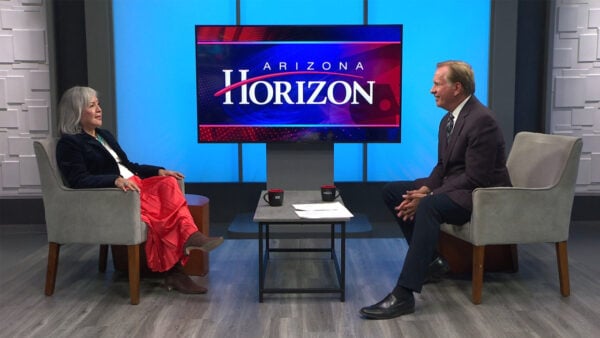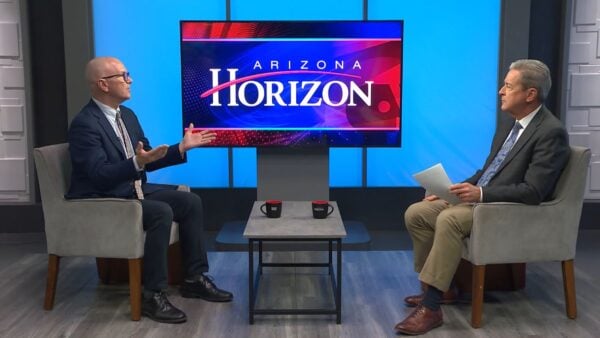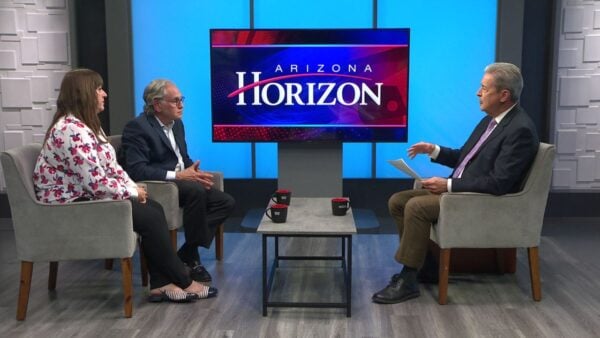Legal expert weighs in on potential habeas corpus removal
May 14, 2025
Trump Administration officials, and reportedly President Donald Trump himself, are openly discussing unilaterally suspending habeas corpus, a bedrock American legal right, without the approval of Congress.
The writ of habeas corpus, which dates back centuries, grants anyone detained in the U.S. the right to see a judge, challenge the government’s evidence against them and present a defense.
Legal experts say Article I of the Constitution only gives Congress the right to do away with habeas corpus. The Supreme Court and several federal judges have recently ruled that anyone detained in the U.S., including migrants, has the right to appear before a judge and present their defense.
Paul Charlton, who is a Partner at Dentons Law Firm in Phoenix, joined “Arizona Horizon” to discuss what this would mean moving forward.
Charlton explained how habeas corpus, which is Latin for ‘you have the body, has been foundational in the U.S’s law system in forcing the government to provide an explanation on why they are holding people in custody. “It’s a powerful tool that’s been with us since the founding of our country,” Charlton said. “It’s enshrined in the United States constitution, and it allows us to know that there is due process being afforded to everybody who is held by the government in custody.”
While the privilege of habeas corpus has been suspended four times in the country’s history, those have been in times of war or rebellion such as the Civil War or the bombing of Pearl Harbor. “The U.S. Constitution under Article I … that you can suspend the privilege of habeas corpus if there is a war or rebellion and we need to keep society safe,” Charlton said.
For the Trump administration to suspend habeas corpus successfully, they would need to prove to congress and the courts that the U.S. is under an invasion, but what courts have defined as invasion is a high bar. “The word in the way we would understand invasion means something like Pearl Harbor,” Charlton said. “And courts in other contexts have found that invasion means an army invading the United States.”






